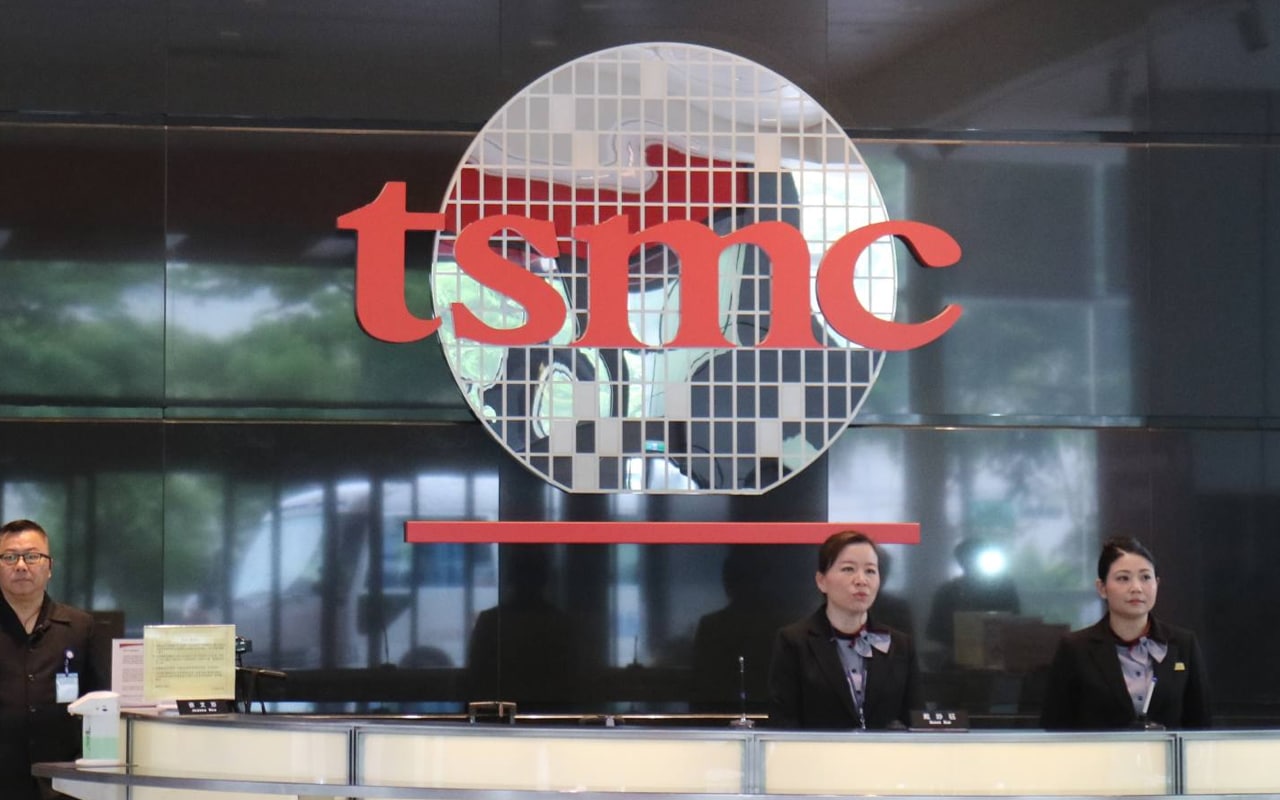The iPhone 14 lineup could offer more battery life than the already-impressive iPhone 13 series with its new 5G chip manufactured by TSMC. A report claims that the range will also feature Wi-Fi 6E connectivity.
Taiwanese publication Economic Daily News reports that the country’s leading chip foundry, TSMC, has secured Apple’s order for the iPhone 14’s 5G radio frequency (RF) chip. The report claims that the foundry will manufacture the chip using its 6nm process announced last year.
The technology will yield a physically smaller 5G RF chip with the added benefit of lower power draw on the sub-6GHz and mmWave 5G bands. The smaller dimensions of this chip would free up valuable space inside the iPhone 14 for other components such as a larger battery. With the larger battery and better efficiency of the 5G RF chip, the iPhone 14 range could reportedly deliver better battery life.
Compared to Wi-Fi 6, the Wi-Fi 6E protocol offers higher performance, lower latency, less interference, faster data transfer, and support for the 6GHz Wi-Fi band in addition to the de-facto standard 2.4GHz and 5GHz bands.
The report adds that TSMC secured the entire order of 5G chips from Apple this year and beat rival foundry Samsung. Meanwhile, other reports claim Apple has already decided to use Qualcomm’s Snapdragon X65 5G modem in the iPhone 14. In 2019, the companies signed an agreement to use the X60 modem in the iPhone 13 and the Snapdragon X60 modem in the 2022 iPhones. Come 2023, the Cupertino giant is expected to transition to using its own custom-designed 5G modem in the iPhone.
Our Take
The iPhone 13 series offered notably better battery life than its predecessors. If the benefits of the new 5G RF chip translate into real-world battery life improvements, Apple’s upcoming iPhones could last even longer on 5G networks that can otherwise drain a smartphone’s battery in no time.
A report earlier this week claimed that Apple has already commenced trial production of the iPhone 14 Pro. What are your expectations from the upcoming iPhone series on the battery life front? We would love to hear your thoughts in the comments section.
[Via Economic Daily News]
